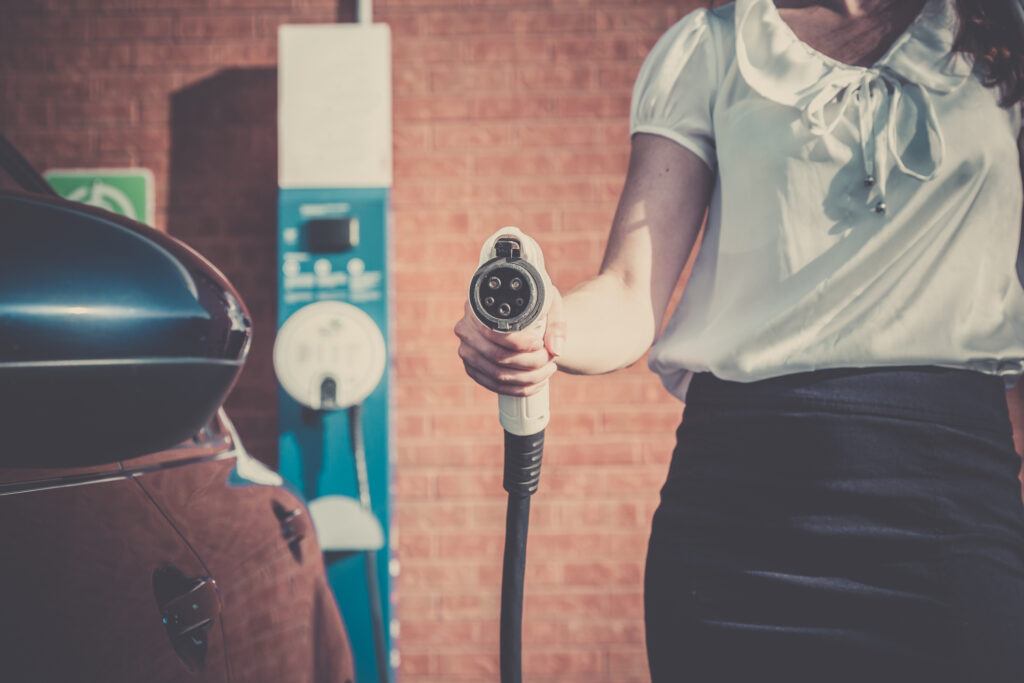The electric vehicle (EV) transition is reaching a tipping point, but the charging infrastructure remains a concern.
According to a new report by Deloitte, almost half of consumers would consider an EV for their next car as public attitude towards them changes and barriers are removed. This has been further supported by favourable government policy, including the net zero target and the consultation on bringing the ban on internal combustion engine vehicles forward to 2035.
However, 33% of those surveyed said the lack of charging infrastructure remained the greatest barrier to choosing electric.
“Continued investment in charging facilities and overcoming consumer concerns around their availability and accessibility could see the UK surpass the 32% global EV market share by 2030, reaching as much as 65% of the domestic market in the same period,” explained Jamie Hamilton, head of EVs at Deloitte.
By the end of the decade, EVs could account for a third of vehicle sales worldwide with as many as 31.1 million sold in a single year, or ten million more than previous forecasts suggested. Even given the turbulent start to 2020, EV sales are expected to reach 2.5 million worldwide.
Given a compound growth in EV sales of 29%, sales will top 11.2 million in 2025 and 31.1 million by 2030. This would mark a major milestone with 81% of those the EVs sold being fully electric, outperforming plug in hybrids.
“The price premium attached to many electric vehicles restricted some early adopters but, as the cost of EVs have converged with petrol and diesel equivalents, the pool of prospective buyers is set to increase,” continued Hamilton.
“A wider range of new electric vehicles, combined with a growing secondhand market, means EVs are becoming a more viable option for many.”
The impact of COVID-19 is likely to have brought peak-petrol forwards, as the sale of ICE vehicles has collapsed. Sales of battery electric vehicles (BEVs) meanwhile increased by 261.8% in June compared to the same month in 2019.
Hamiliton explained: “Consequently, the outbreak of COVID-19 means we have likely seen petrol and diesel vehicles reach their sales peak, albeit relatively unnoticed. With total annual car sales unlikely to return to pre-pandemic levels until 2024, even if sales growth in the petrol and diesel market returns, it is likely to experience a decline in market share thereafter.”
COVID-19 may accelerate the transition to EVs in general, as the need to build back better is reiterated by industry and government.
Fiona Howarth, CEO of Octopus Electric Vehicles added: “We are facing a climate emergency and must act now to accelerate the end of the internal combustion engine. However, the switch to EVs doesn’t just make environmental sense, it’s better financially too.
“Going electric allows you to take advantage of government incentives, zero congestion charge, and save 90% on fuel costs – all whilst using flexible leasing plans. Now is the time to go electric.”





